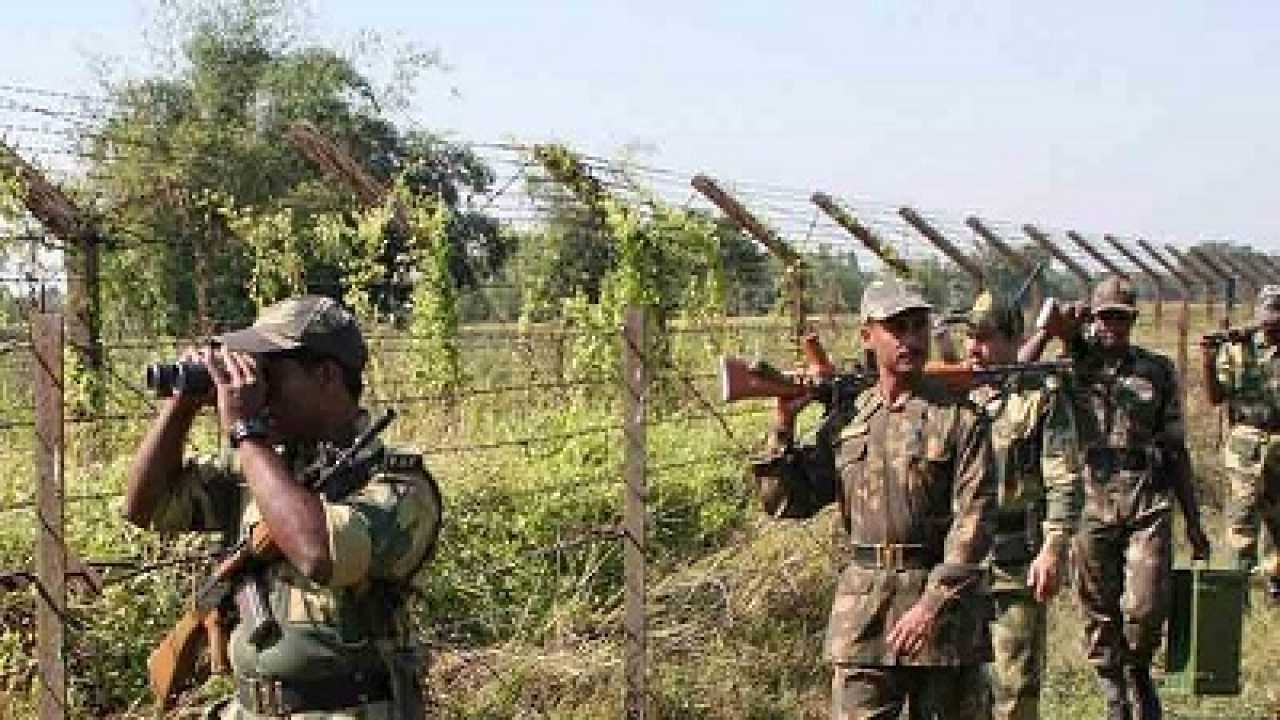
Army's stand on afspa in jammu and kashmir unchanged, against its dilution
- Select a language for the TTS:
- UK English Female
- UK English Male
- US English Female
- US English Male
- Australian Female
- Australian Male
- Language selected: (auto detect) - EN
Play all audios:
Asked specifically if it was done recently in the wake of government formation process in the state, the sources said that "feedback is a continuous process". The Army is
apprehensive about any move to dilute controversial AFSPA in Jammu and Kashmir, where BJP and PDP are set to form a coalition government, and this has been conveyed to the Centre. Army
sources said that though infiltration had drastically reduced in the past few years, radicalisation has risen in certain parts of the state. The Army feels that if AFSPA, which it terms as
an "enabling Act", is partially withdrawn or diluted, there are chances that radicalisation and later even violence levels are likely to increase, they said. Asked if the Army had
written to the government against any such move, the sources said, "The Army Chief has been continuously conveying our apprehensions to the government over the past few years".
> ASKED SPECIFICALLY IF IT WAS DONE RECENTLY IN THE WAKE OF GOVERNMENT > FORMATION PROCESS IN THE STATE, THE SOURCES SAID THAT "FEEDBACK IS A > CONTINUOUS PROCESS". The
Army's stand over the past few years has been against the dilution of the Act. According to available data, while over 120 people had infiltrated from Pakistan into the state in 2012,
it had come down to less than 100 in 2013 and less than 60 in 2014. The number of killings by the security forces, however, has increased in the state. > WHILE OVER 75 TERRORISTS WERE
ELIMINATED IN SECURITY OPERATIONS IN > 2012 AND APPROXIMATELY 35 WERE APPREHENDED, ABOUT 68 WERE ELIMINATED > IN 2013 AND THIS NUMBER INCREASED TO OVER 100 LAST YEAR, SIGNALLING > A
SUBSTANTIVE JUMP IN SUCCESSFUL OPERATIONS. "The operations against infiltration and terrorists in the state have been successful. The only thing that Pakistan can now do is increase
recruitment of disgruntled elements and radicalised youth from within the state," the sources said. Contradicting a recent media report that last year recorded the highest rate of
Kashmiris joining insurgency, the sources said it was "misleading and factually incorrect" "While 42 locals were recruited in 2013, the number has marginally increased to
about 65 in 2014," they said. This, the sources said, was because of increased radicalisation of the youth in areas like Dral, Shopian, Sopore, Baramullah and certain localities of
Srinagar. > PEOPLES DEMOCRATIC PARTY (PDP) PATRON MUFTI MOHAMMAD SAYEED, WHO IS > LIKELY TO BE THE NEXT CHIEF MINISTER OF JAMMU AND KASHMIR, HAD > YESTERDAY SAID DIFFERENCES WITH
BJP OVER CONTENTIOUS ISSUES LIKE > ARTICLE 370 AND AFSPA HAVE BEEN IRONED OUT IN THE COMMON MINIMUM > PROGRAMME. The Armed Forces Special Powers Act has been described by civil rights
activists as a controversial Act which gives overarching powers to security forces with immunity. However, the Army's stand is that it is an "enabling Act" which provided
the requisite legal safeguards for the carrying out of effective counter-terrorist operations.